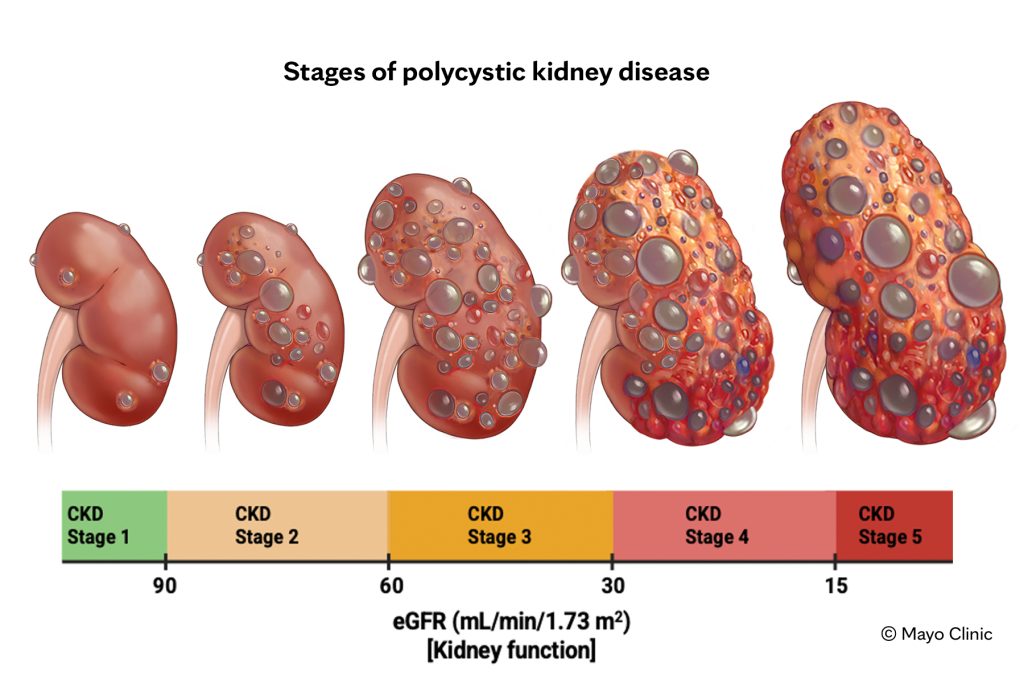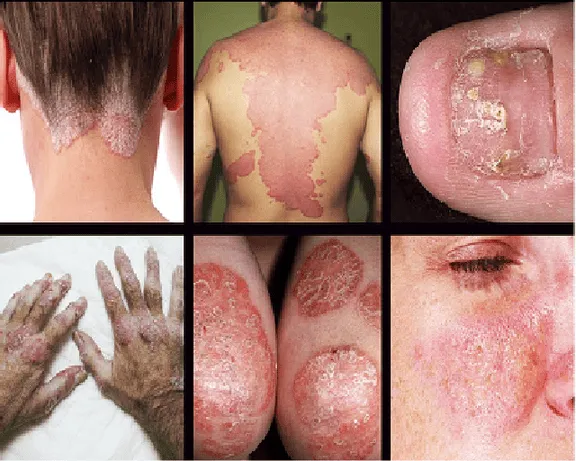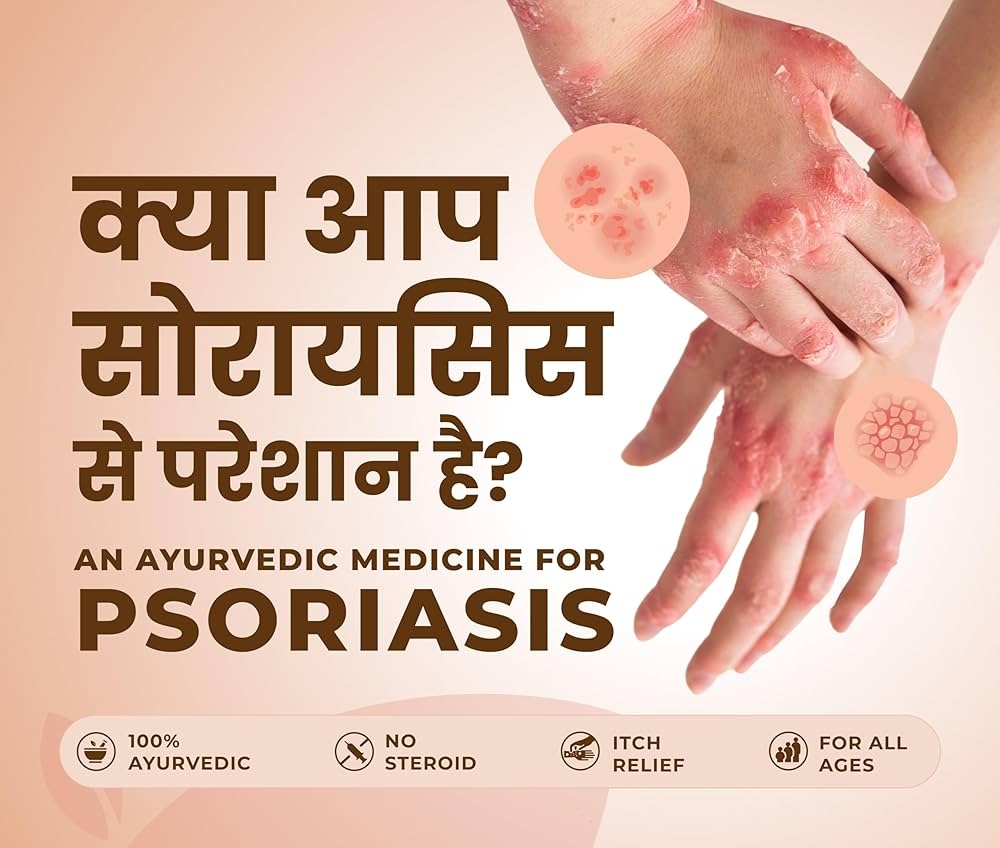Ayurvedic Treatment for Kidney Stone:
Kidney stones are solid lumps made up of mineral and salt deposits in the kidneys, especially in the ureters and bladder. Kidney stones can block toxins flow and, if not removed promptly, can lead to more severe complications.
Smaller stones do not block the urinary tract and pass out with urine. However, as the deposits build up and form large, hard stones, patients experience severe pain, bleeding, and frequent urination. Smaller kidney stones can pass out of the body with the help of a particular diet, exercise, hydration, and herbal remedies. Large stones may require invasive surgery or extensive irrigation.
According to Ayurveda, when Vata Dosha levels are out of balance, the body’s Kapha components dry out. This can lead to kidney stones.
In Ayurveda, kidney stones are called “Ashmari”. This Sanskrit word comprises two words – “Ashma” and “Ari”, where Ashma means stone and Ari means enemy.
Ayurveda takes a holistic approach to the management and treatment of kidney stones. Following are some of the most effective Ayurvedic remedies for kidney stones:
- Drink an adequate amount of water
- Increase consumption of vegetables, cereals and fruits
- Start drinking coconut water, buttermilk, lemon water, sweet lime juice, etc.
Apart from all these remedies, there are some home remedies you can try:
- Drink sugarcane juice
- Eat watermelon
- Eat Amla, Drink Amla Juice or Add Amla powder to your food

Kidney Disease
Kidneys are two bean-shaped organs. Each kidney is about the size of a fist. Your kidneys filter excess water and waste from your blood and produce urine. Kidney disease means the kidneys are damaged and cannot properly filter the blood. If you have diabetes or high blood pressure, you are at higher risk for kidney disease. If you develop kidney failure, treatments include kidney transplant or dialysis. Other kidney problems include acute kidney injury, cysts, kidney stones, infections, and more.
Kidney disease types:
- Chronic Kidney Disease (CKD)
- Urinary Tract Infection
- Kidney Stone
- Nephrotic Syndrome
- Polycystic Kidney Disease
In Ayurveda, Chronic Kidney Disease (CKD) is described as a cause of “Mootra Dosh Vikara” (urinary disorder) and Oedema (swelling of body parts). The two kidneys are the root of “Medovaha shrotas”. According to Ayurveda, the causes of Mootra dosha vikara are Doshas (Vata, Pitta and Kapha) caused by ingestion of drinks and food, sexual intercourse when there is an urge to urinate, suppression of the desire to urinate, wasting disease or malnutrition, and severe trauma.
Skin disease:
The skin is the body’s first line of defence. That’s why it’s prone to infections and other problems. Skin conditions like eczema and psoriasis and conditions like acne and rosacea can cause irritating symptoms.
Some common skin diseases are as follows:
- Acne
- Psoriasis
- Eczema
- Dermatitis
- Urticaria
- Skin allergies and rashes
- Hair fall
- Hives
- Rosacea
According to Ayurveda, lack of maintenance in any of the three Doshas (Vata, Pitta, Kapha) can lead to skin diseases. This imbalance can be due to dietary issues or lifestyle issues.


Ayurvedic Treatment for Eczema:
Eczema or atopic dermatitis is a skin condition that causes inflammation of the dermal tissue, itching, peeling/flaking skin, redness, and a mild burning sensation. Eczema flares are characterized by dry and itchy skin. As the condition progresses, it may become visible inflammation on the skin that can be painful to the touch or even cause persistent itching. Scratching the itch can often lead to a double whammy of inflammation that can worsen the condition.
Symptoms:
- Itchiness
- Dry skin
- Rashes
- Extra-thick skin
- Darkening of the skin around the eyes
- Small, raised pimples on people with dark skin
Causes:
- Environment and surrounding
- Genetic history
- Emotional catalysts
- Immune system
According to Ayurveda, eczema occurs when your constitution is out of balance. Therefore, the goal of Ayurveda is to balance them through natural remedies. Ayurveda has long been considered the best remedy for skin problems like eczema because it is safe and low in infectiousness.
Here are some natural remedies for all types of eczema:
- Apply aloe vera
- Have an oatmeal bath
- Use coconut and sunflower seed oil
- Try to do regular yoga
Ayurvedic treatment for psoriasis :
Psoriasis is a skin disease characterized by visible flaking and scaling of the skin, followed by itching and burning. Psoriasis can affect different parts of the body, mainly the scalp, elbows, toes, genitals, knees, armpits, and hands. Psoriasis, known in Ayurveda as Kithibha, is often triggered by unresolved trauma or toxins in the blood. Other factors that can contribute to psoriasis include chronic stress and poor diet. According to Ayurveda, psoriasis can be caused by damaged pitta and vata dosha. Vata dosha can cause pain and scaling, while pitta dosha can cause burning, inflammation and itching.
Since the symptoms and triggers of psoriasis are unique to each patient, Ayurveda recommends targeted therapies to treat the root cause of the problem. Some standard Ayurvedic treatment for psoriasis include Shodhana Chikitsa, Shamana Chikitsa, and Rasayana Chikitsa, among others.
Some of the Ayurvedic home remedies for psoriasis are as follows:
- Avoid sour and spicy foods
- Reduce daily salt intake
- Avoid eating processed food




